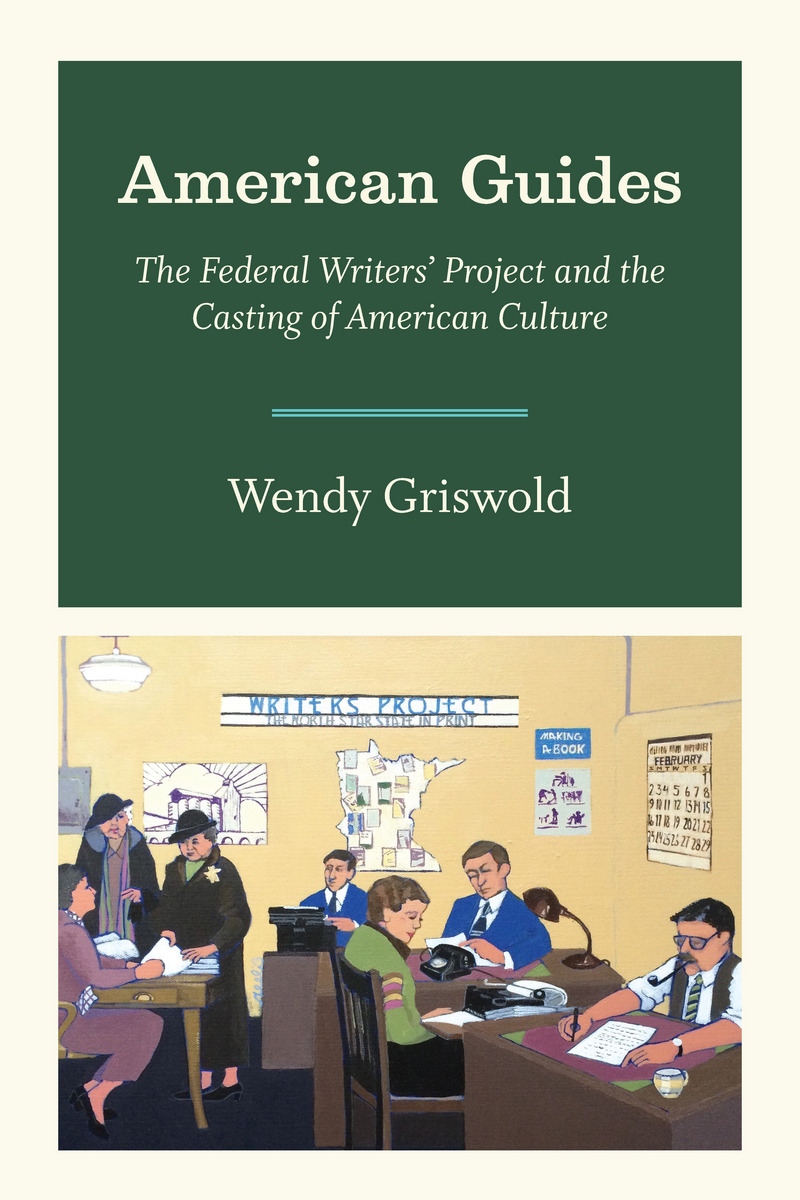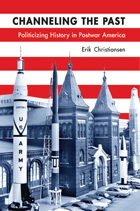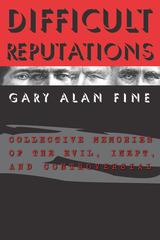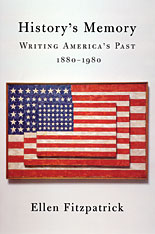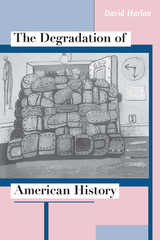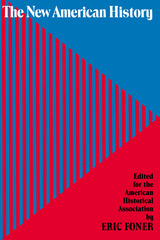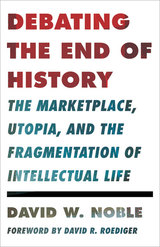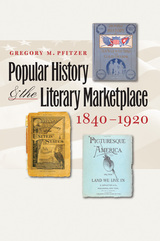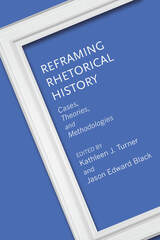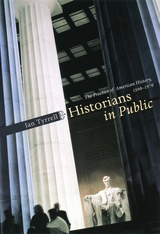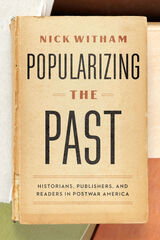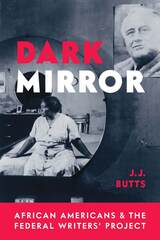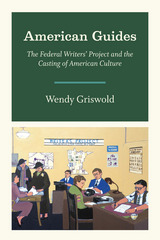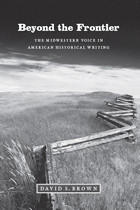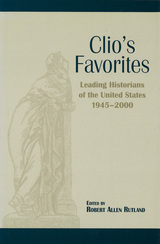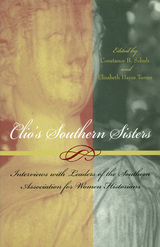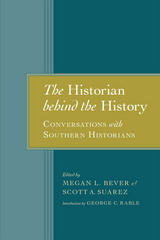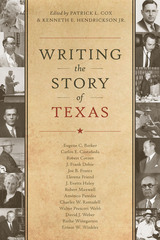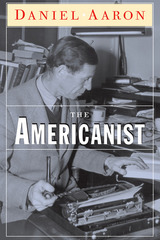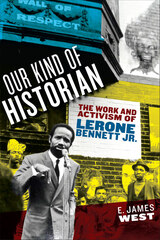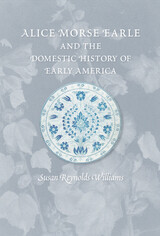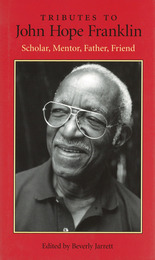American Guides: The Federal Writers’ Project and the Casting of American Culture
University of Chicago Press, 2016
Paper: 978-0-226-35783-6 | Cloth: 978-0-226-35766-9 | eISBN: 978-0-226-35797-3
Library of Congress Classification E175.4.W9G75 2016
Dewey Decimal Classification 028.0973
Paper: 978-0-226-35783-6 | Cloth: 978-0-226-35766-9 | eISBN: 978-0-226-35797-3
Library of Congress Classification E175.4.W9G75 2016
Dewey Decimal Classification 028.0973
ABOUT THIS BOOK | AUTHOR BIOGRAPHY | REVIEWS | TOC | REQUEST ACCESSIBLE FILE
ABOUT THIS BOOK
In the midst of the Great Depression, Americans were nearly universally literate—and they were hungry for the written word. Magazines, novels, and newspapers littered the floors of parlors and tenements alike. With an eye to this market and as a response to devastating unemployment, Roosevelt’s Works Progress Administration created the Federal Writers’ Project. The Project’s mission was simple: jobs. But, as Wendy Griswold shows in the lively and persuasive American Guides, the Project had a profound—and unintended—cultural impact that went far beyond the writers’ paychecks.
Griswold’s subject here is the Project’s American Guides, an impressively produced series that set out not only to direct travelers on which routes to take and what to see throughout the country, but also to celebrate the distinctive characteristics of each individual state. Griswold finds that the series unintentionally diversified American literary culture’s cast of characters—promoting women, minority, and rural writers—while it also institutionalized the innovative idea that American culture comes in state-shaped boxes. Griswold’s story alters our customary ideas about cultural change as a gradual process, revealing how diversity is often the result of politically strategic decisions and bureaucratic logic, as well as of the conflicts between snobbish metropolitan intellectuals and stubborn locals. American Guides reveals the significance of cultural federalism and the indelible impact that the Federal Writers’ Project continues to have on the American literary landscape.
Griswold’s subject here is the Project’s American Guides, an impressively produced series that set out not only to direct travelers on which routes to take and what to see throughout the country, but also to celebrate the distinctive characteristics of each individual state. Griswold finds that the series unintentionally diversified American literary culture’s cast of characters—promoting women, minority, and rural writers—while it also institutionalized the innovative idea that American culture comes in state-shaped boxes. Griswold’s story alters our customary ideas about cultural change as a gradual process, revealing how diversity is often the result of politically strategic decisions and bureaucratic logic, as well as of the conflicts between snobbish metropolitan intellectuals and stubborn locals. American Guides reveals the significance of cultural federalism and the indelible impact that the Federal Writers’ Project continues to have on the American literary landscape.
See other books on: 1918-1945 | 1933-1945 | Books and reading | Casting | Regionalism
See other titles from University of Chicago Press
